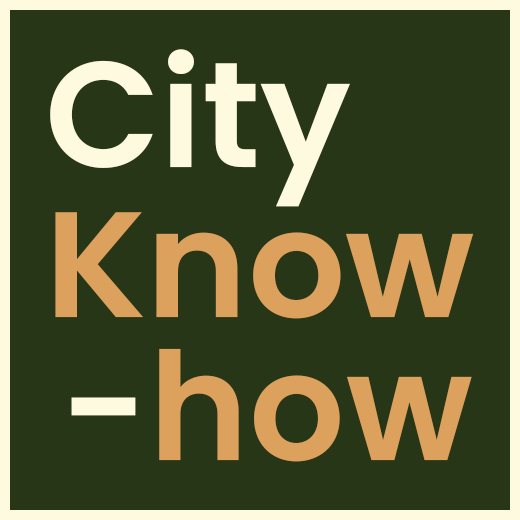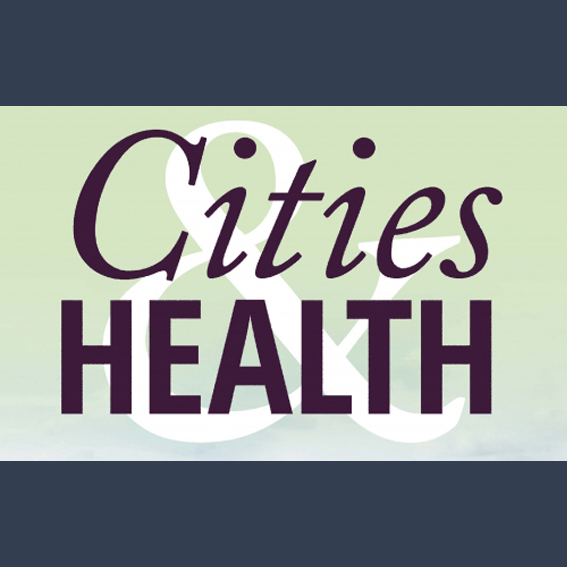Underlying biology as a tactic to explore relationships between the environment and the brain
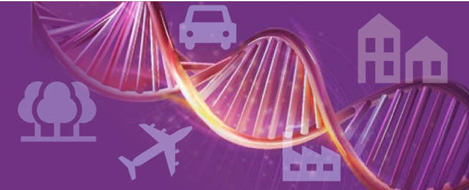
The epigenome may provide a necessary link to advance knowledge of the biological pathways underlying the urban environmental impact on cognitive impairment and neurodegenerative disease risk. Broadening understanding of these pathways will help fuel multi-sectoral collaboration with decision makers to advance urban environmental health for human cognitive benefit.
The interface of liveability and resiliency in citymaking
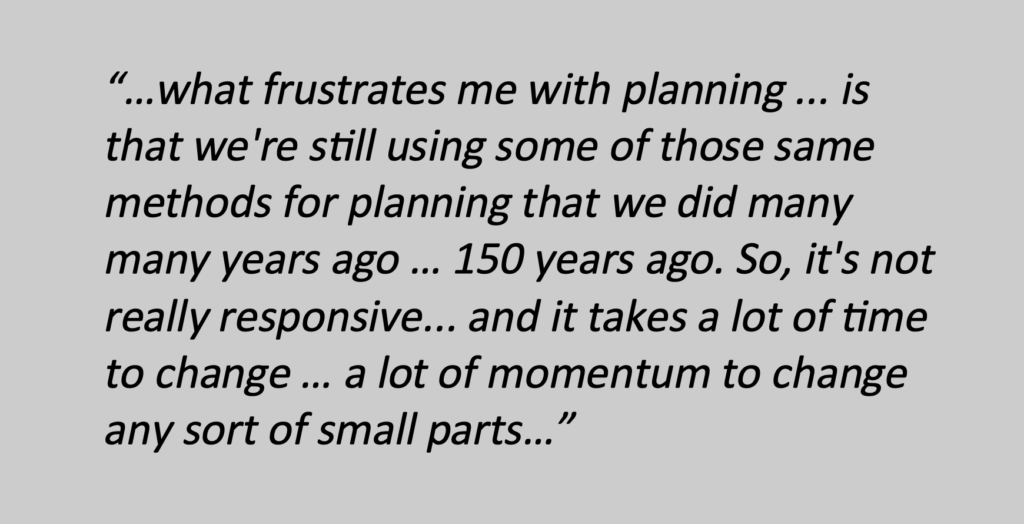
City makers need to stop making cities for ‘normal’ circumstances. Cities are liveable only when they can respond and reflect on and learn from disruptions and consequently adapt and change.City makers, policy makers
Public acceptability of takeaway management zones near schools

Who supports proposals to manage if, when and where new takeaways can open near schools? According to our recent study,over 50% of adults living in Great Britain!
Challenges and paradigms to evaluate the relationship of urban environments with population health

Our study introduces and reviews how the built environment and its relation to population health are assessed in the literature. We did this by identifying methodological shortcomings and research potentials that need to be addressed jointly. Our assessment aims to undertake multiple health issues in an integrated manner, and identify priorities within the city whereby health is a primary goal.
How does apartment kitchen design affect resident’s experiences of home cooking?

Apartment kitchens need to be better designed to support healthy food practices.
Could streetscape design alleviate anxiety?
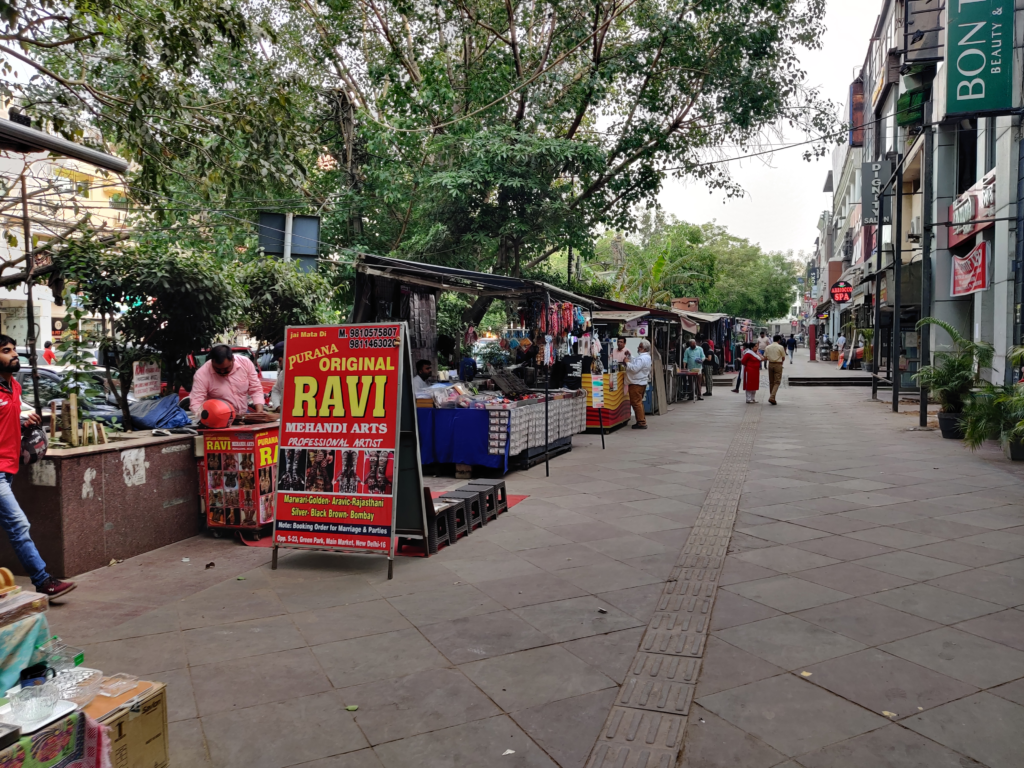
We ask whether streetscape design can be used to alleviate anxiety. Let’s understand how we can alleviate anxiety of the people on streets through their daily experiences while walking.
